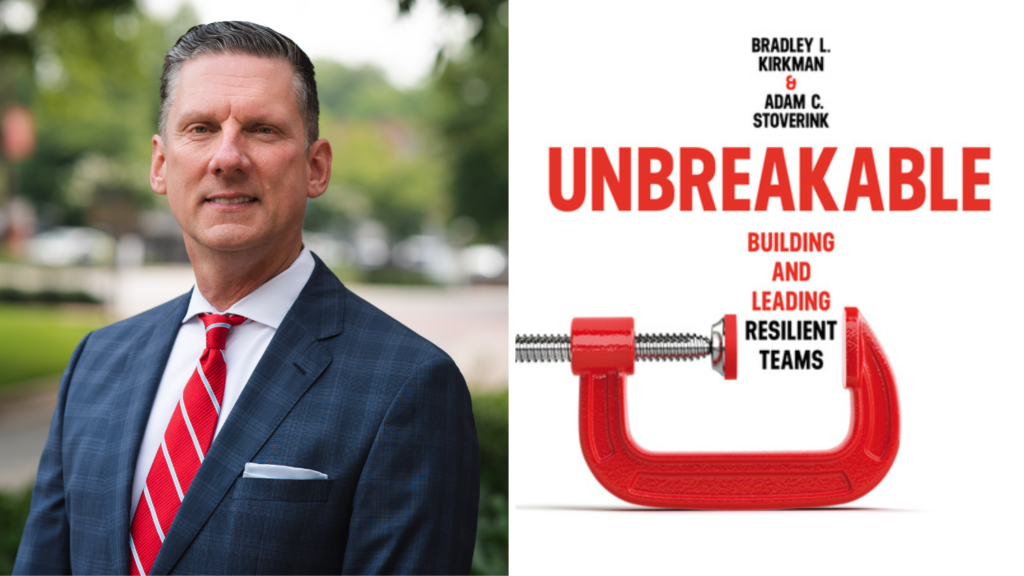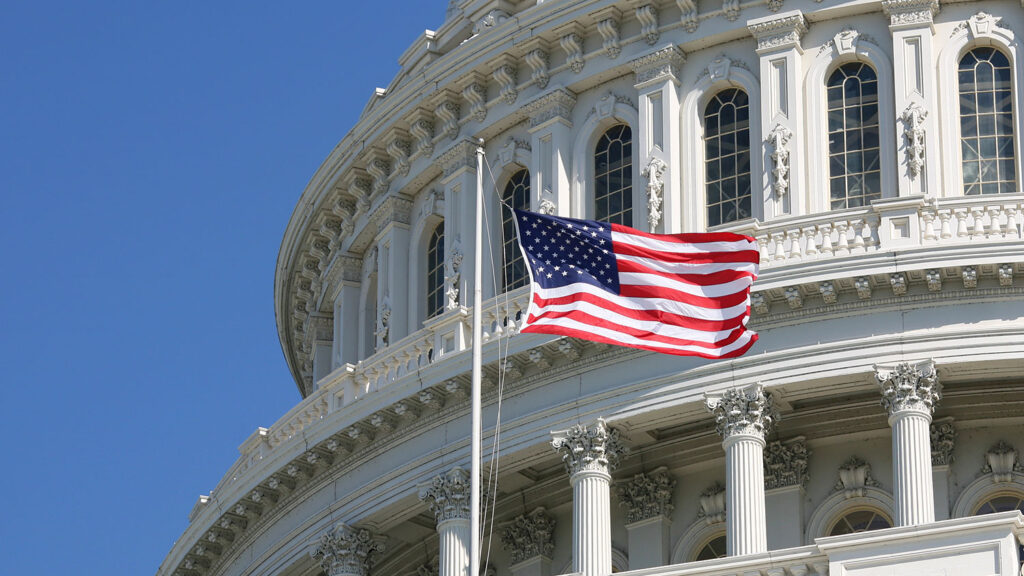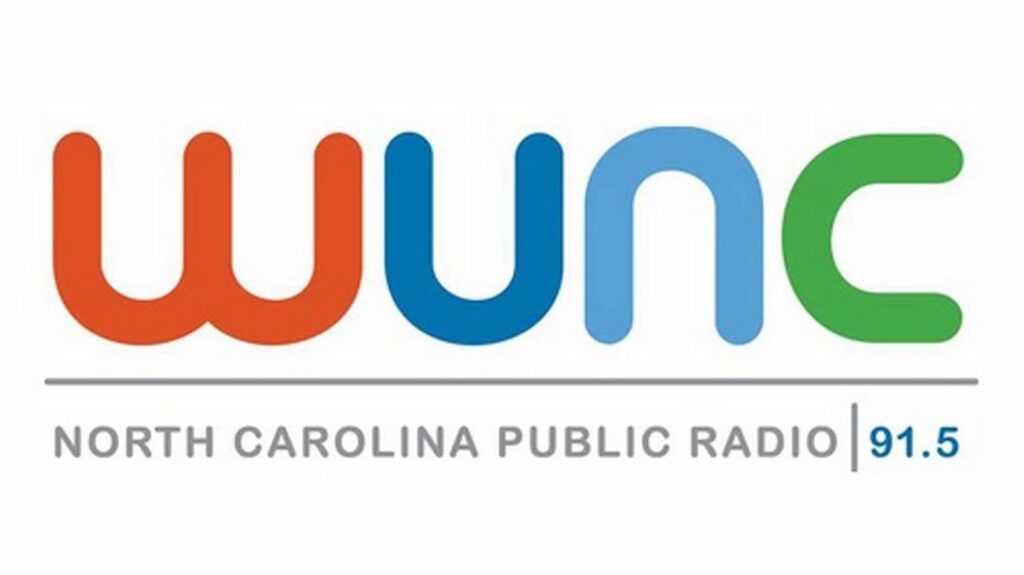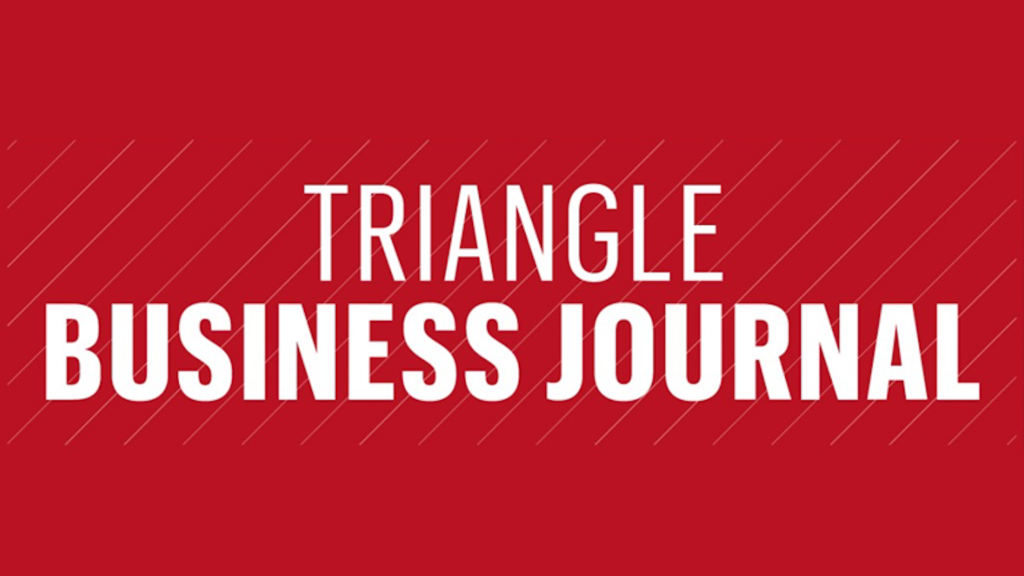In the last year, faculty experts at Poole College of Management attracted a broad audience as they contributed emerging research, discussed hot topics in the marketplace and weighed in on national issues and societal challenges.
35% increase in sessions
17.5% increase in time users spent on the site
46% increase in page views
The Poole Thought Leadership website saw a 35% increase in sessions, 46% increase in page views and 17.5% increase in time users spent on the site — and a broad range of local and national media outlets turned to Poole thought leaders for their expertise.
Top 10 Viewed Articles

1. What Gen Z and Millennials Want on Instagram vs. TikTok
Sept. 22, 2022
Recent reports show that approximately 40% of younger consumers now use TikTok and Instagram for their searches, increasing pressure on brands to reach Gen Z and Millennials on social media. But are all social platforms created equal when it comes to capturing this pivotal audience? Heather Dretsch, assistant professor of marketing at Poole College of Management, explains how important it is for brands to understand the consumer psychology driving current social media behavior when building a social media presence and planning content.

2. What Does the Federal Reserve Interest Rate Increase Mean for Consumers and Businesses?
July 28, 2022
In July 2022, The Federal Reserve raised interest rates by 0.75% – a significantly large increase compared to its previous rate changes. Richard Warr, professor of finance and associate dean for faculty and research at Poole College of Management, answers frequently asked questions related to the rate change – including the reason for the increase, potential risks associated with raising interest rates and the impact on consumers and financial markets.

3. Student Loan Forgiveness and Tax Implications
Aug. 26, 2022
On Aug. 24, 2022, the Biden administration announced a multi-part plan to provide student loan repayment relief for working and middle-class Americans with student loan debt. With multiple provisions to make student loan repayments less burdensome for certain taxpayers, the plan was designed to support borrowers as pandemic-related support expired. Poole College of Management associate professors of accounting Nathan Goldman and Christina Lewellen provide insight into the student loan forgiveness component of the program.

4. Let’s Chat About ChatGPT
Jan. 25, 2023
A few decades ago, the idea of having a robot magically write your term paper was the wish of many a college student. Today? It doesn’t feel like such a pipe dream. Artificial intelligence is already being widely used across industries – so it was only a matter of time before it worked its way into the educational and professional creative landscape. We sat down with Bill Rand, McLauchlan Distinguished Professor of Marketing and executive director of the Business Analytics and AI Initiative at Poole College of Management, to learn more about ChatGPT, its risks and what educators need to keep in mind going forward.

5. In his new book, Unbreakable, Brad Kirkman shares the keys to building resilient teams
Feb. 14, 2023
Today’s business environments are increasingly complex – leading a greater number of organizations to lean into the power of teams to tackle their biggest issues. But what helps teams withstand setbacks and bounce back after the many adversities that are so common in business today? How do we create teams that demonstrate the resilience needed to overcome a wide variety of challenges? We sat down with Brad Kirkman, General (Ret.) H. Hugh Shelton Distinguished Professor of Leadership at Poole College of Management, to learn more about his latest book, “Unbreakable: Building and Leading Resilient Teams,” its findings and what makes a team resilient.

6. The Pros and Cons of the Proposed Fair Tax Act of 2023
Jan. 30, 2023
Introduced in the House of Congress on Jan. 9, 2023, by House Republicans, the Fair Tax Act of 2023 bill proposed replacing the current federal taxation system with higher sales taxes. In particular, the bill proposes that a federal sales tax would be around 23-30%. Nathan Goldman, associate professor of accounting at Poole College of Management, answers key questions about the bill, discusses its pros and cons and explains how the bill would impact American Citizens.

7. What Caused the Silicon Valley Bank Failure and Should We Be Concerned?
March 13, 2023
On March 10, the nation’s top bank regulator, the Federal Deposit Insurance Corp., took over control of the failing Silicon Valley Bank, resulting in the second largest bank failure – according to assets – in U.S. history. Richard Warr, professor of finance and associate dean for faculty and research at Poole College of Management, discusses what made Silicon Valley Bank unusual, how the failure occurred and why consumers need not be alarmed.

8. Poole Accounting Professors Weigh In on Inflation Reduction Act
Sept. 1, 2022
On Aug. 5, 2022, U.S. Sen. Kyrsten Sinema (Ariz.) agreed to support the Inflation Reduction Act, allowing Democrats to pass the $750 billion act – a scaled-back version of the Build Back Better Act. President Joe Biden signed the act into law on Aug. 16. The law increases spending on sustainable energy and climate change programs and funds the expenditures, in part, via two unique tax increases relevant to businesses and accountants. Poole College of Management faculty members Don Pagach, professor of accounting and director of research for the Enterprise Risk Management Initiative, and Rob Whited, associate professor of accounting, critique these tax changes, as well as one proposed tax issue that was removed from the final act as a condition of Sinema’s support.

9. Is the U.S. Going into a Recession? Poole Economics Professor Weighs in
Sept.12, 2022
In early August, 2022, quarterly U.S. gross domestic product declined for the second time that year – leading many Americans to wonder whether the United States was headed into a recession. Then, concern rose following the International Monetary Fund’s projections of world GDP. Ayse Dur, assistant professor of economics at Poole College of Management, explains what these indicators could mean – and discusses the likelihood of the United States experiencing its first significant recession since the subprime mortgage crisis led to the U.S. housing bubble collapse in 2007.

10. The Taxation of Online Sports Betting in North Carolina
April 3, 2023
On March 28, 2023, North Carolina legislators voted in favor of House Bill 347, which would allow online sports gambling in North Carolina. Many celebrated the vote, given that several neighboring states already allow these gambling activities and that online sports gambling is legalized in most parts of the country. Poole College of Management accounting professors Nathan Goldman and Christina Lewellen help explain the tax outcomes and consequences of online gambling.
In the Media

The Wall Street Journal | Dec. 15, 2022
Rob Handfield, professor of operations and supply chain management, explains that following the pandemic, retailers pressed suppliers to increase the production of items. As a result, companies that ordered large numbers of products overstocked inventories and ended up canceling supplier orders.
“Most companies over-expanded in 2022 and said, ‘OK, we’re going to order more than we think we need, we think demand is going to continue to be high,’ and all of a sudden we had inflation, we had other shortages, and they were stuck with too much inventory,” said Handfield. “Then they’re telling their suppliers, ‘Oh, we overcommitted.’”

Forbes | Nov. 10, 2022
Heather Dretsch, assistant professor of marketing, explains through her research how organizations need to be relevant to a newer generation through social media.
“What this means is that Gen Zers are choosing to layer their social media time. They are intentional about where and when they choose to engage,” said Dretsch.

WUNC and The News & Observer | March 31, 2023
Richard Warr, professor of finance, explains that the acquisition of Silicon Valley Bank by North Carolina-based First Citizens Bank is beneficial to the Triangle area.
“Having a bank that’s headquartered in Raleigh that is becoming increasingly a major player in financing the tech industry has to be a good thing for the area,” said Warr. “Whether or not we’ll see an immediate effect is debatable, but having that expertise now being held in a Raleigh-based bank must be good.”

USA Today | June 9, 2023
Ayse Dur, assistant professor of economics, weighs in on the history of recessions in the U.S. and recent threats of downturn facing our economy – and notes that more recent recessions in the U.S. have been generally difficult to anticipate.
“By looking at the data, we can say that there was about one recession per decade since the 1980s. All were led by different factors and had different consequences,” said Dur.

Triangle Business Journal | April 28, 2023
Mark Beasley, professor of accounting, explains that when the environmental, social and governance (ESG) framework is integrated with enterprise risk management, additional value and opportunities are created.
“If I’m managing risk, I need to be thinking about 2030, 2035 and 2040 – and risk management people could help tease out how risks related to ESG could create new opportunity,” said Beasley. “If we’re really good at this, if we get creative about how we think about the E, the S, and the G, we might leverage this for growing the business, particularly if we do it faster and better than our competitors.”

Fast Company | Dec. 1, 2022
Recent findings from Roger Mayer, professor of leadership; Leigh Shamblin, director of leadership; Paul Mulvey, professor of human resource management; and James Peters, an NC State doctoral student, report that 81% of women who experience low encouragement are likely to leave their roles or companies in the next 12 months. This follows their recent work with InHerSight, an organization committed to finding better workplaces for women.
“I think the pandemic has really changed, for lack of a better word, the employee value proposition,” said Mulvey. “The value proposition shift could be because the pandemic’s volatile environment has significantly widened the gap between how much people need encouragement and how much they receive, but additional research would be needed to know for certain.”
- Categories:



